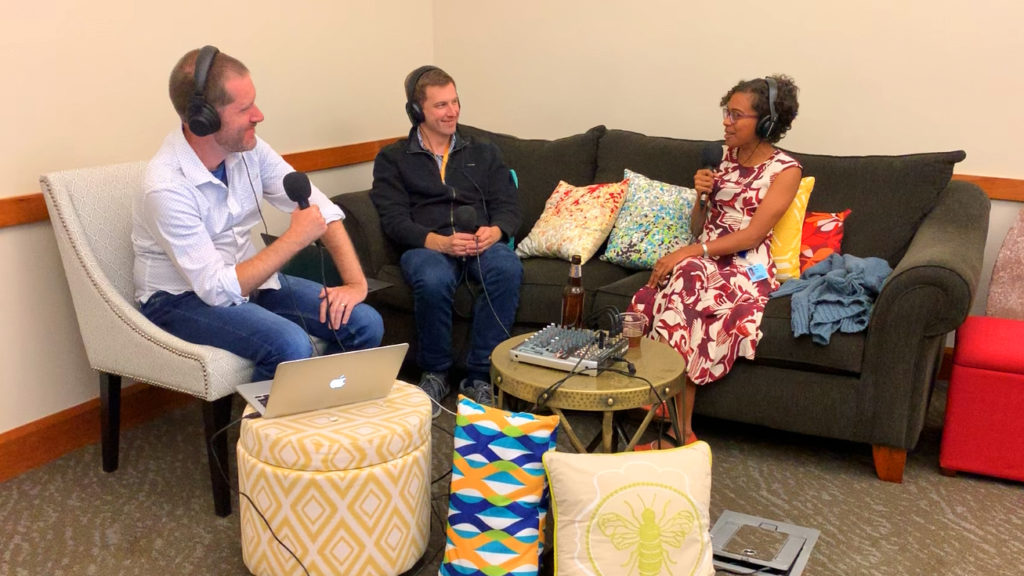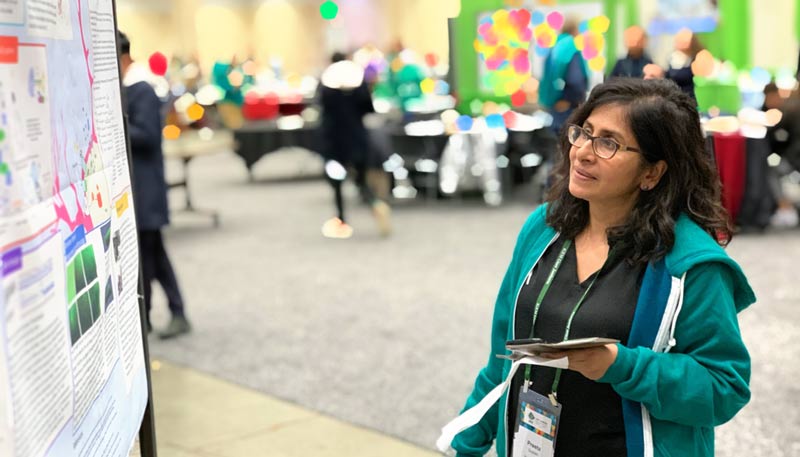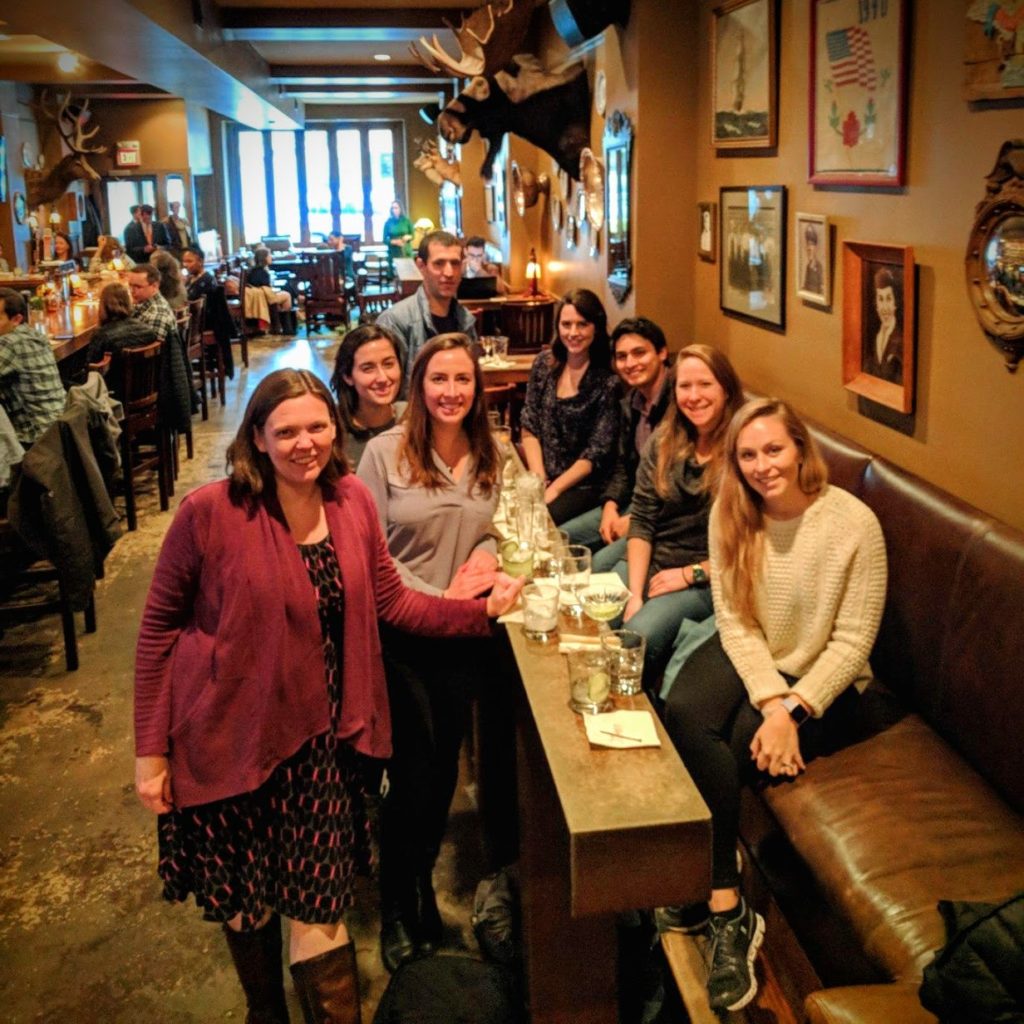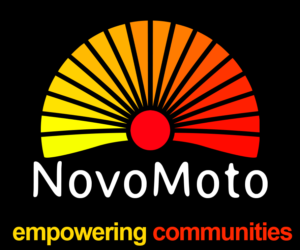Today’s article is written by guest blogger Vince Debes, this year’s winner of the Promega Art Contest for Creative Scientists. He will be starting a Master of Science program in Geological Sciences in the School of Earth and Space Exploration at Arizona State University this fall.

It’s incredible how seemingly insignificant actions can lead to major events years down the road. When my partner and I were testing out our new camera shutter remotes in the Grand Tetons on the way to do field work in Yellowstone, I never imagined an image we captured would lead to a grand prize in the Promega Art Contest for Creative Scientists. The four-minute-long exposure was taken at midnight with a full moon and shows the ghostly, almost imperceptible, movements of Colter Bay marina vessels against a backdrop of trailing stars and the stolid Tetons.
Continue reading “The Art of Being a Field Scientist”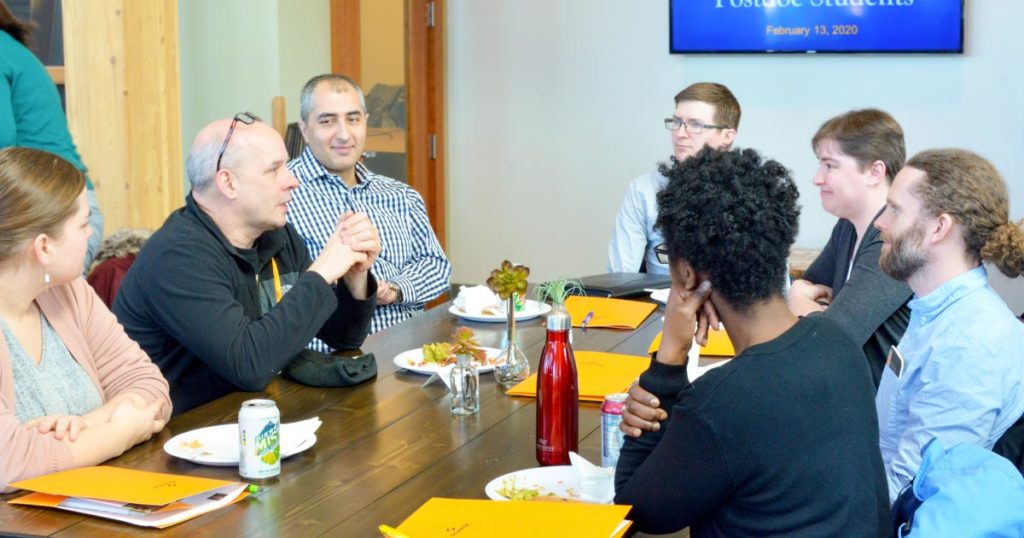

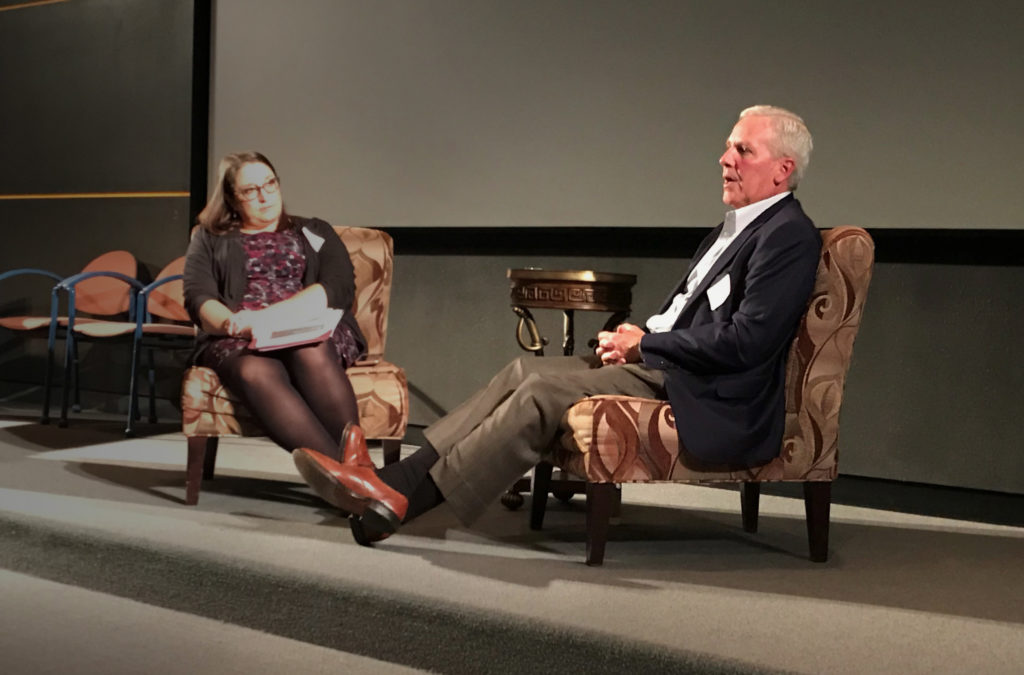
 I used to love taking magazine quizzes to learn more about myself. I thought it would be fun to create a quiz to help you find out what scientific career path may be the best fit for you. Be open-minded while taking the quiz and remember that this is just for fun!
I used to love taking magazine quizzes to learn more about myself. I thought it would be fun to create a quiz to help you find out what scientific career path may be the best fit for you. Be open-minded while taking the quiz and remember that this is just for fun!